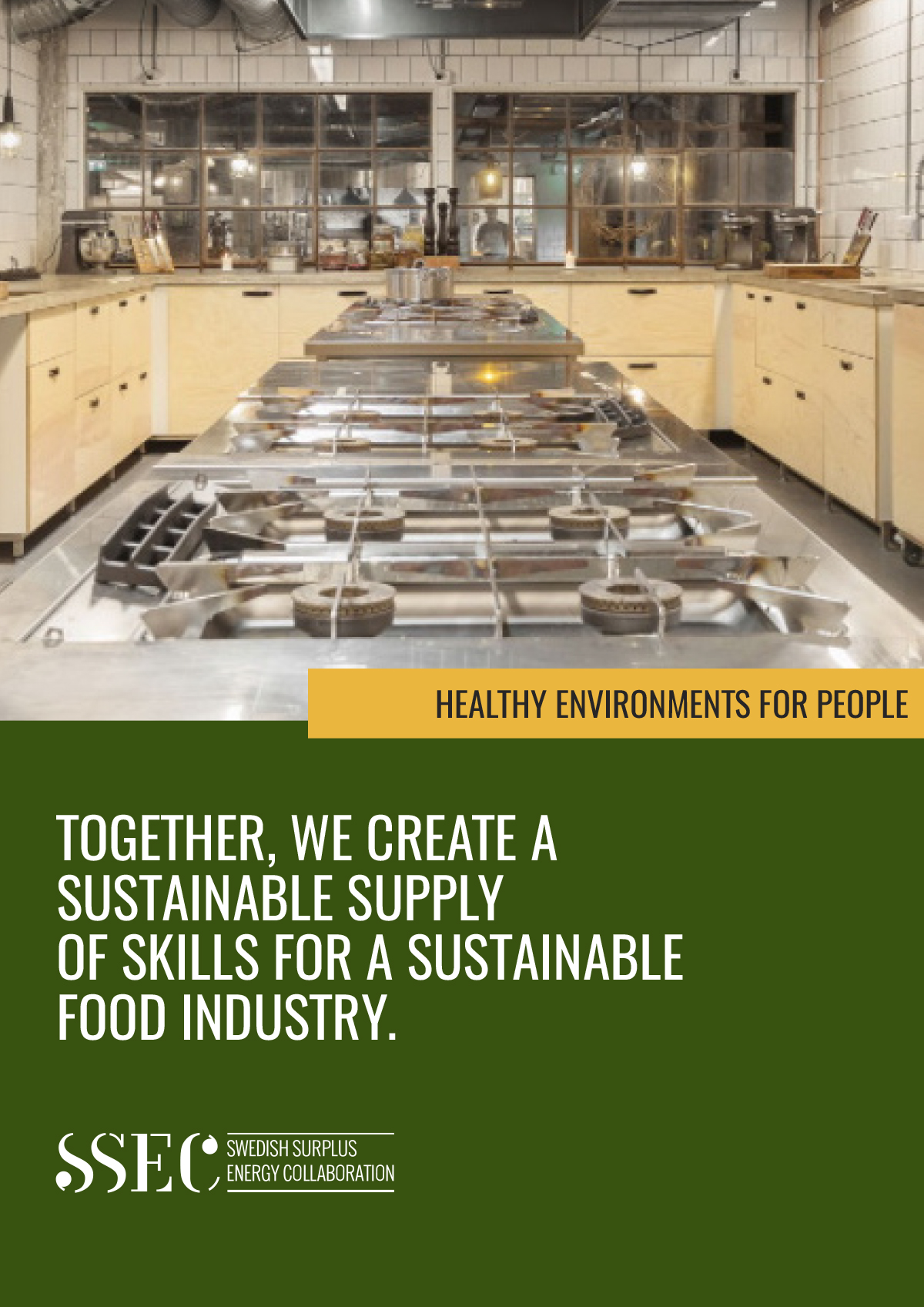Here, the Swedish Surplus Energy Collection (SSE-C) reflects on one of the most crucial issues facing humanity today – a sustainable food industry
According to the SSEC, climate change makes it nearly impossible to run a sustainable food industry – but that doesn’t have to be the case.
Food security is one of the most important things in the world. In the Global South, some countries are particularly vulnerable to losing their current agricultural capacity. As oceans rise and rainfalls alternate their age-old routines, the earth responds differently. Local communities can no longer depend on the source of food they have always relied on. As the entire Earth warms, a similar issue comes into existence across every country.
Together with technological development and digitisation that changes and challenges traditional production methods, sustainability is often up for discussion and investments when it comes to cultivation and food production of the future.
When it comes to climate change, experts with skills in different fields are the ones who are needed on the frontlines. In addition to them, a willing workforce and a sustainable relationship with agriculture and energy.
So, how can a sustainable food production network be created?
Here, the SSE-C dive into their existing expertise to offer meaningful solutions to an impending crisis that will afflict the well-being of the global population.
A modern and sustainable food production in the broadest sense needs the supply of skills at all levels of knowledge. These are research and development competence at a high academic level, process leaders and automation technicians with high competence, AI competence with the ability to analyse, evaluate and implement data in production, and last but not least a large number in production.
Describing the situation, they say: “Even today, the industry is struggling with major problems finding labour to salvage its harvest. In most cases, you are completely dependent on foreign labour as a seasonal worker.”


